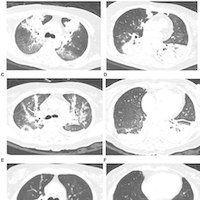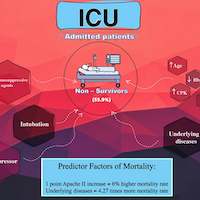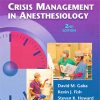Optimal Respiratory Support for COVID-19 Patients
jamanetwork.com
Noninvasive respiratory support is an essential component of critical care. Both noninvasive ventilation, with its different interface types and modes (including helmet and face masks), and high-flow nasal oxygen (HFNO) are successfully used to manage patients with acute hypoxemic respiratory failure.
Noninvasive respiratory support can alleviate respiratory distress, improve oxygenation, and possibly reduce the need for invasive mechanical ventilation.
Due to known adverse effects associated with invasive mechanical ventilation (eg, sedation, ventilator-induced lung injury, predisposition for infections), it is conceivable that noninvasive respiratory support may reduce mortality through reduction in the need for tracheal intubation.
However, noninvasive ventilation may inappropriately delay tracheal intubation and increase patient self-inflicted lung injury, which may occur at varying degrees depending on the type and interface of noninvasive ventilatory support.
The intense respiratory efforts by patients who are spontaneously breathing contribute to and exacerbate acute lung injury.
Due to the complexity in the causes and presentations of acute respiratory failure, several randomized clinical trials are needed to clarify the specific roles of noninvasive respiratory support.















